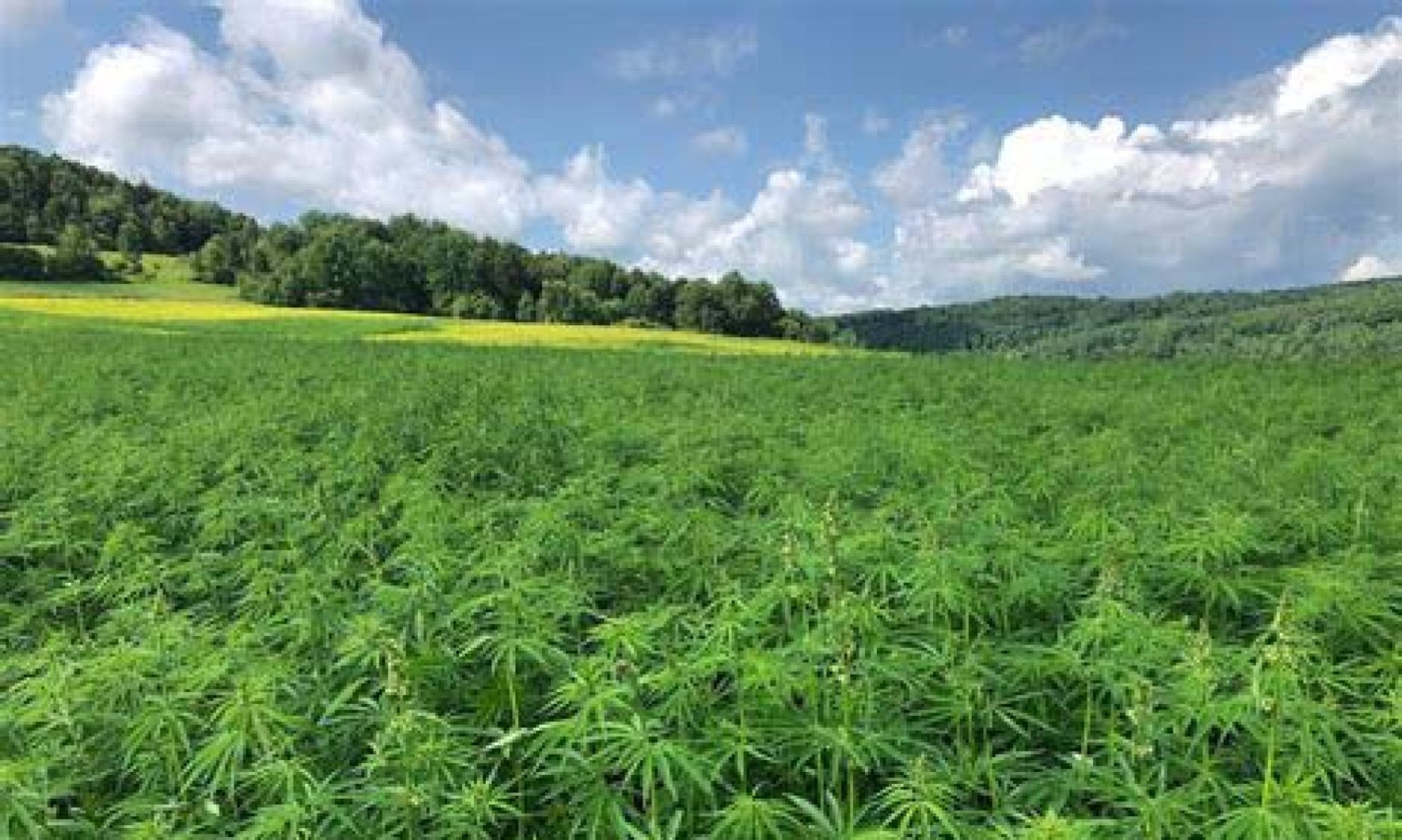
With the increasing demand for hemp products worldwide, farmers require significant funding to meet the rising market demand. Tokenizing hemp production is a new method of raising capital for farmers to meet the requirements required to produce high-quality hemp products. Tokenization involves the conversion of tangible assets, in this case, hemp crops, into digital assets that can be traded on a blockchain platform. This article explores how tokenizing hemp production can benefit farmers, new funding opportunities, and the future of tokenized hemp production.
The Benefits of Tokenizing Hemp Production
Tokenizing hemp production provides numerous benefits to farmers. Firstly, it allows farmers to access funding with ease as investors can invest directly in hemp production without intermediaries such as agents, banks, or venture capitalists. Secondly, it provides a transparent and secure way of tracking the supply chain from the planting stage to the final product. Tokenization ensures that all transactions are recorded on a blockchain platform, thereby eliminating the possibility of fraud or mismanagement. Finally, tokenization eliminates the need for traditional fundraising methods, which are often slow, bureaucratic, and costly.
How Tokenizing Hemp Production Can Help Farmers
Tokenizing hemp production can help farmers in several ways. It offers an innovative way of raising capital, which is unrestricted by geographical boundaries, and it enables farmers to access a global market with ease. By tokenizing their hemp production, farmers can attract a diverse range of investors and raise funds without the need to give up equity or control of their farm. Tokenized hemp production also offers farmers an opportunity to grow their businesses sustainably and profitably while promoting environmental and social sustainability.
New Funding Opportunities for Hemp Farmers
Tokenizing hemp production offers farmers new funding opportunities, enabling them to raise capital from a diverse range of investors worldwide. Tokenization allows hemp farmers to access funding without relying on traditional funding methods, which are often slow or difficult to obtain. Tokenization provides farmers with a transparent, secure, and fair way of raising capital, which can help them to grow their business and meet the growing market demand for high-quality hemp products.
Why Investors are Interested in Tokenized Hemp Production
Tokenized hemp production offers investors a unique investment opportunity, providing them with a means of investing in high-quality hemp products, which are in high demand. Tokenization allows investors to invest in a transparent and secure manner, ensuring that farmers follow sustainable practices and meet regulatory requirements. Tokenized hemp production also provides investors with an opportunity to diversify their investment portfolio and attain higher returns.
The Future of Tokenized Hemp Production
The future of tokenized hemp production is bright, as it offers farmers and investors an alternative way of fundraising. Tokenized hemp production enables farmers to access funding quickly and efficiently, while investors can invest in high-quality hemp products with ease. This innovative way of raising capital is expected to become more popular as more farmers and investors become aware of the benefits of tokenization.
How to Participate in Tokenized Hemp Production
To participate in tokenized hemp production, farmers need to tokenize their hemp production by converting their tangible assets into digital assets that can be traded on a blockchain platform. Investors can participate by purchasing these digital assets through crowdfunding platforms or by investing directly in tokenized hemp production. Investors should conduct proper due diligence before investing and only invest in reputable and trustworthy projects.
Tokenizing Hemp Production for a Sustainable Future
Tokenizing hemp production offers a sustainable and innovative way of raising capital for farmers while providing investors with an opportunity to invest in high-quality hemp products. This new method of fundraising allows farmers to access funding quickly and efficiently, while investors can diversify their investment portfolio and attain higher returns. Tokenized hemp production is expected to become more popular in the future, promoting sustainable and environmentally friendly hemp production practices worldwide.












